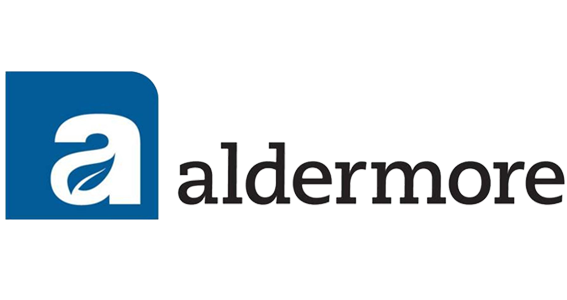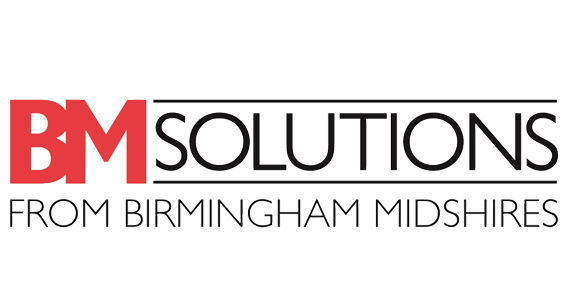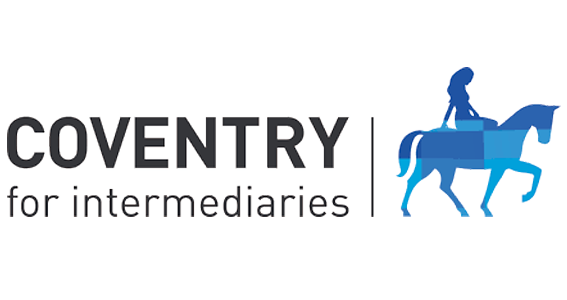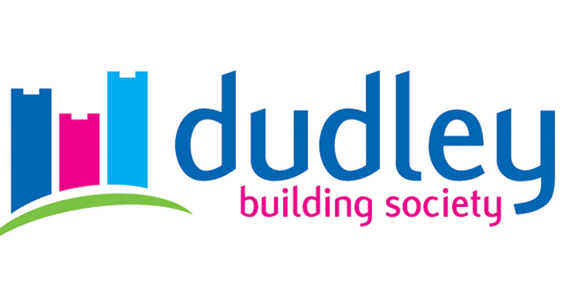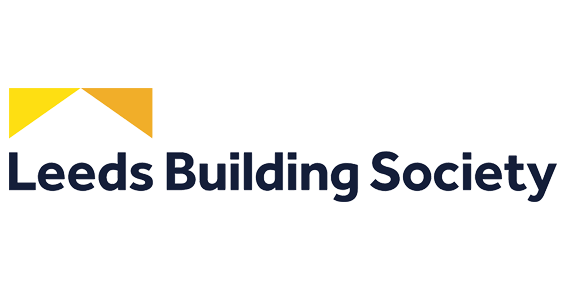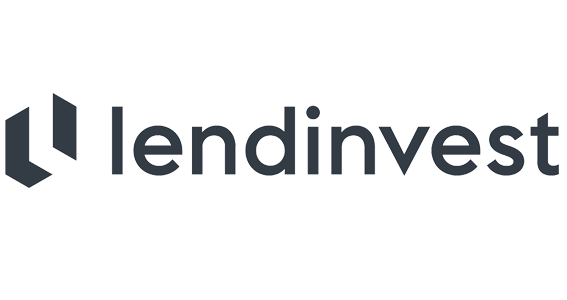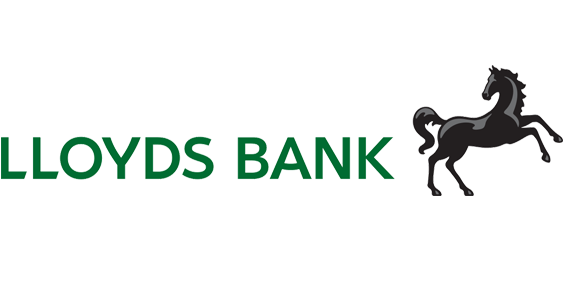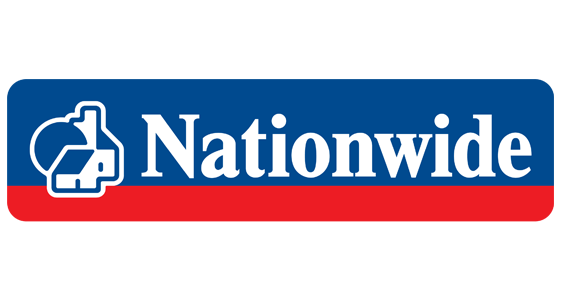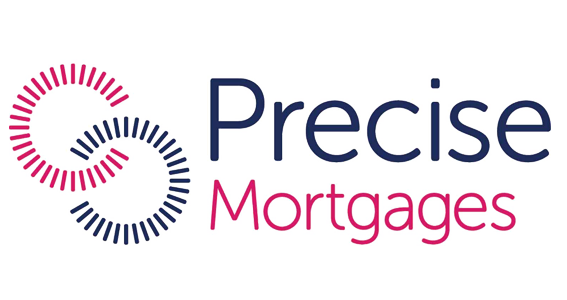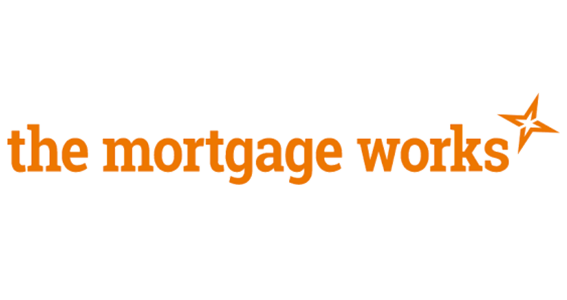Remortgages
A remortgage is when you switch your current mortgage deal to another deal, this can be done with the same lender (also known as a product transfer) or it can be done with a completely new lender. If your property value is greater than the remaining balance on your mortgage (also known as equity), you may be eligible to remortgage and raise funds for a variety of purposes.
There are a variety of reasons to remortgage and they can be as follows:
Lower Interest Rate
Different mortgage deals are being offered by lenders all the time. If you are eligible for one of those deals you may choose to remortgage so that you can have a lower interest rate and cheaper monthly payments
Property Investment
If you are interested in property investment and you have equity in your residential property, you may be eligible to raise some funds through a remortgage.
Monthly Repayments
Your monthly repayments consist of two parts, capital and interest. Every month you will be repaying a small portion of the amount which you borrowed as well as a percentage of interest. By the end of the term, you will have paid your mortgage in full if you made all your payments accordingly. Not being able to meet these repayments could result in losing your home.
Home Improvements
If you would like to redecorate your residential home, or perhaps build an extension to make your home larger, you may be eligible to raise some funds from your property as an alternative to large credit card balances or a personal loan
Consolidate Debt
If you have any large outstanding credit commitments such as high credit card balance, an outstanding personal loan or a hire purchase – you may be able to remortgage your residential property to raise funds to consolidate this debt.
Why Should You Remortgage?
Whether you have a fixed-rate mortgage, a tracker mortgage or another type of discount rate, your mortgage will likely be set at a special rate for a limited period of time. Typical examples include a two-year fixed-rate mortgage or a three-year tracker mortgage. When the fixed period comes to an end, mortgage holders have to choose a new deal or their mortgage will revert to the lender’s standard variable rate, usually considerably higher than the fixed deals.




